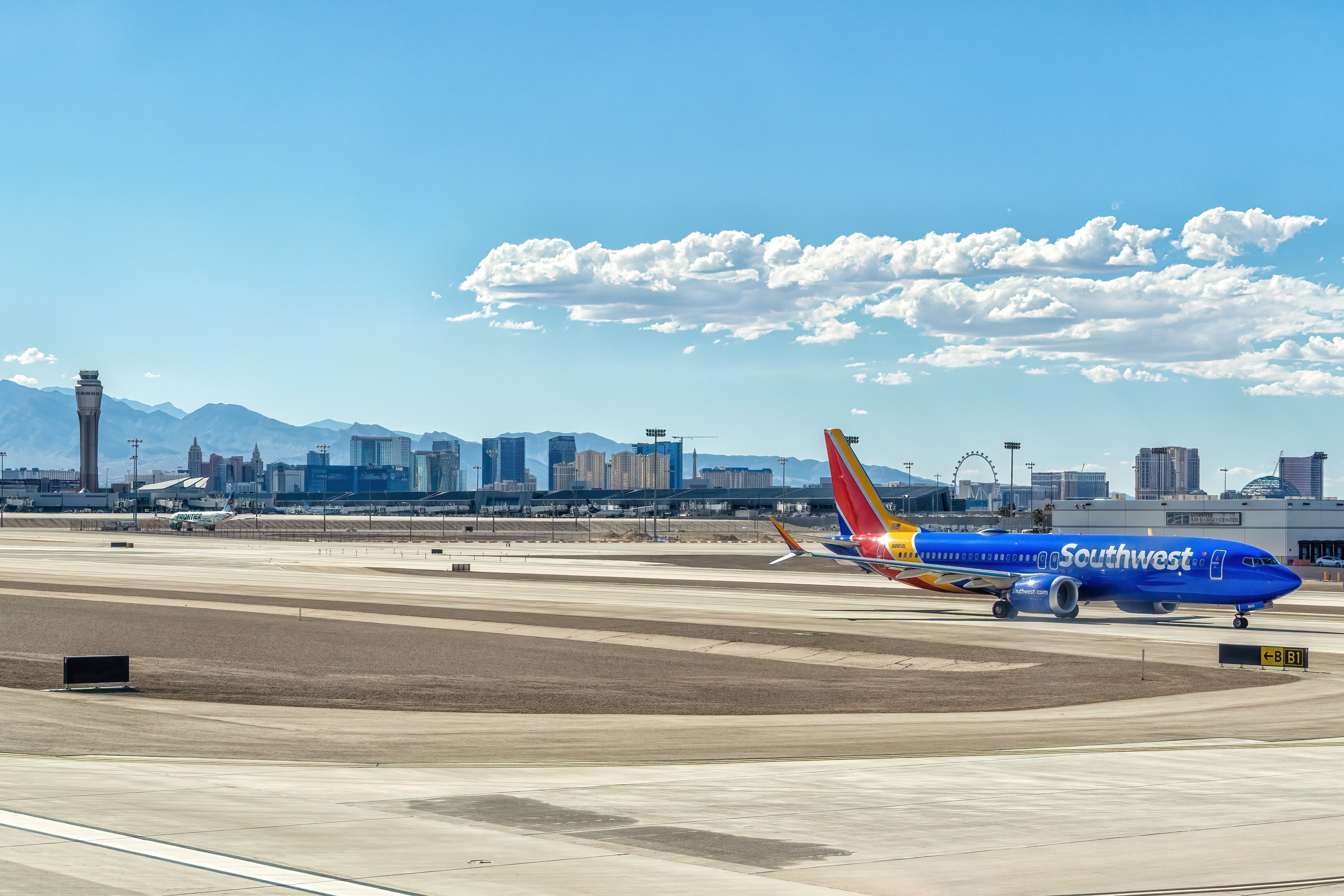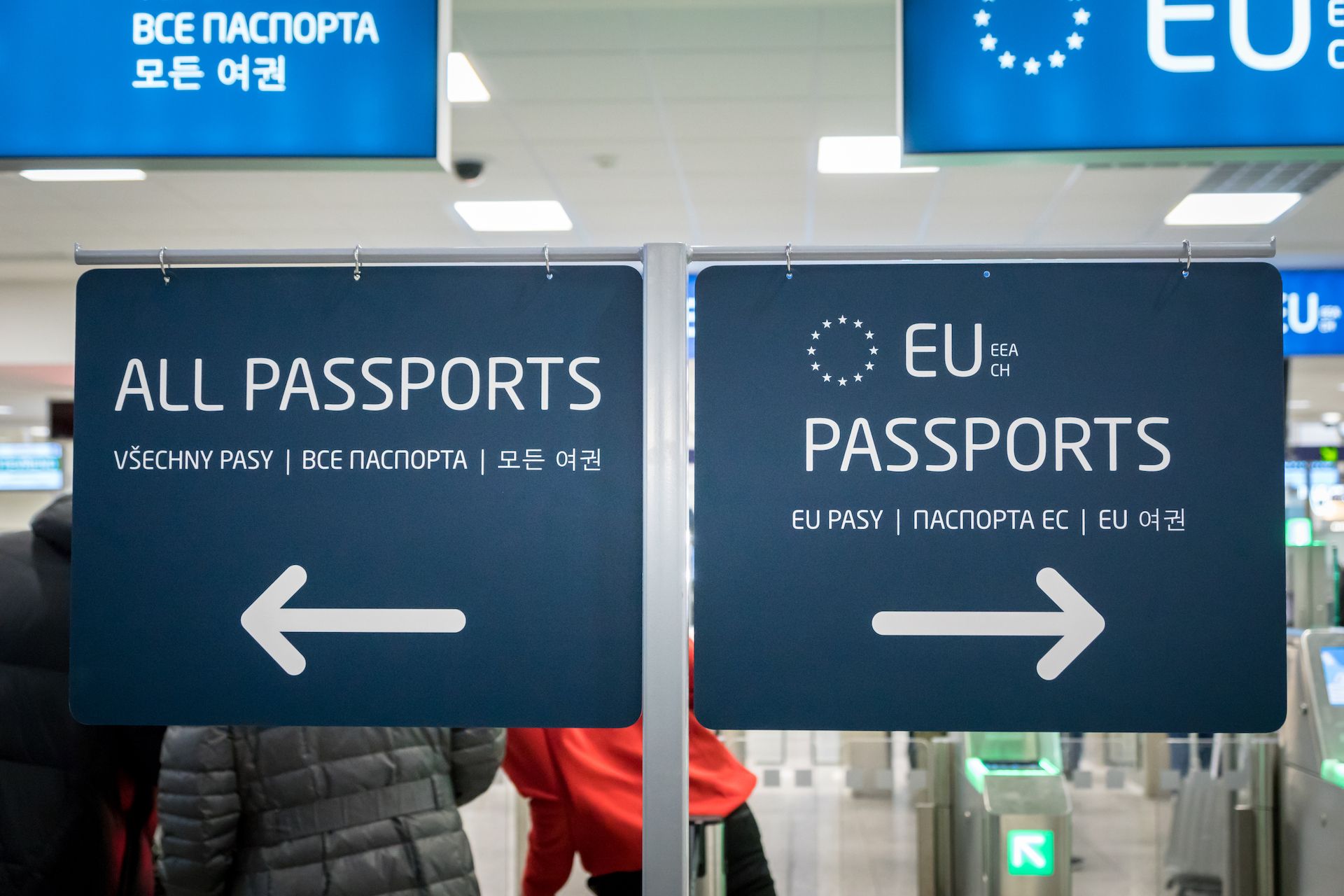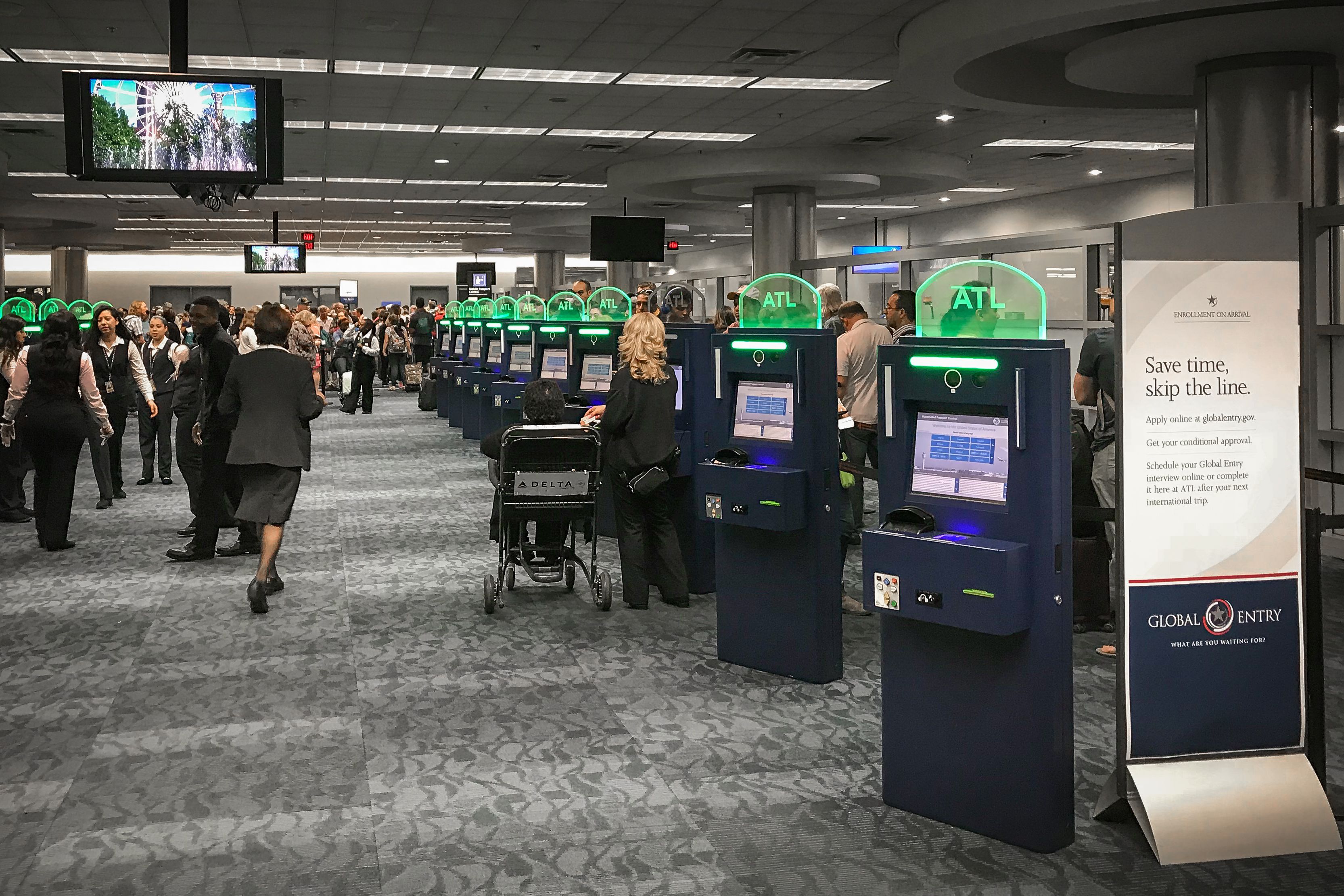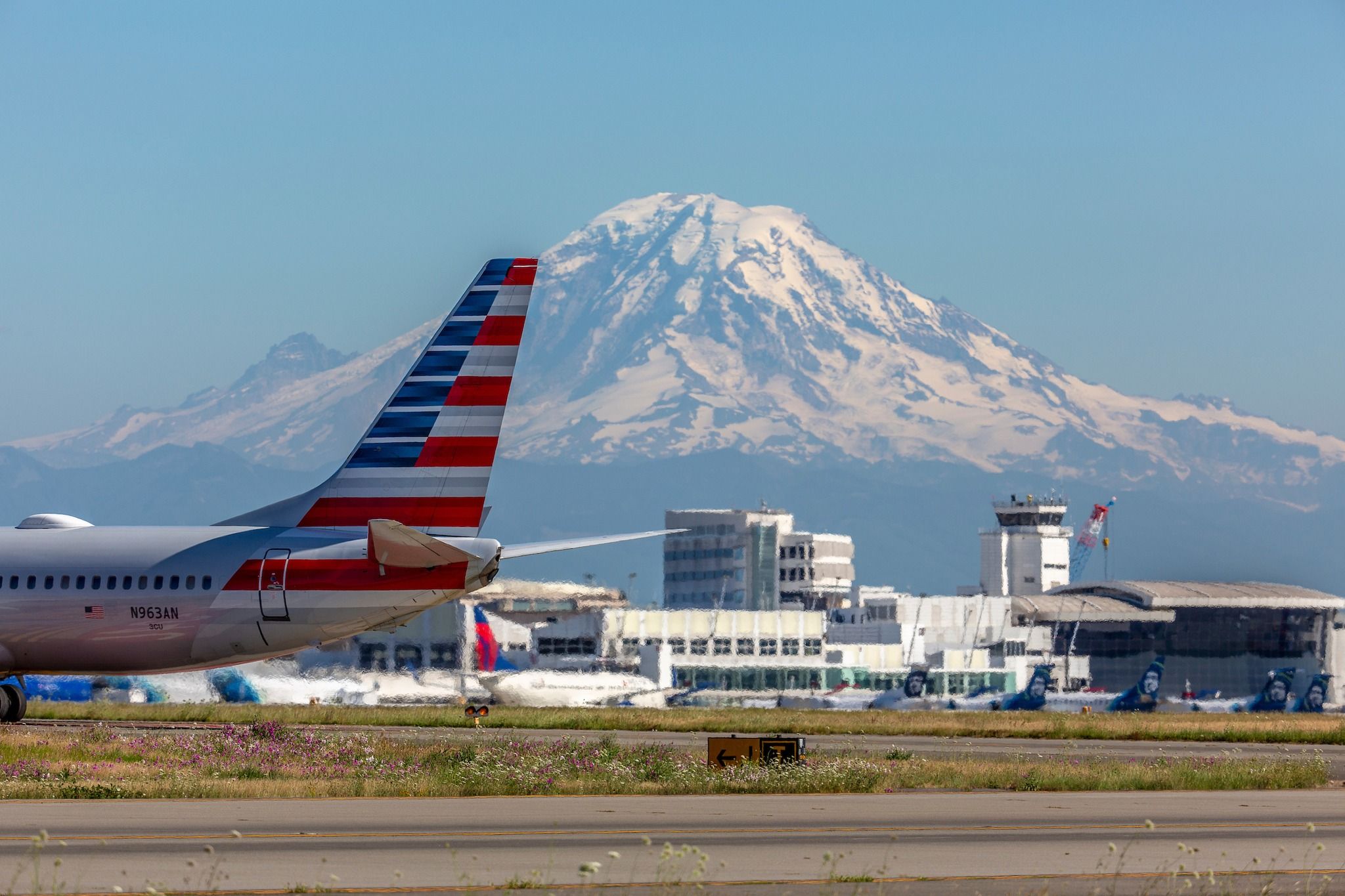summary
- 14 Senators want to limit the use of facial recognition for passengers due to privacy concerns, potentially causing chaos at airports.
- The TSA plans to expand facial recognition technology to 430 airports, but senators are calling for more oversight and restrictions.
- The U.S. Travel Association has warned that the restrictions could lead to longer lines at airports, hindering increased travel and the visitor experience.
A bipartisan group of senators wants to restrict the use of facial technology for non-TSA PreCheck passengers, citing privacy and civil liberties concerns. Already in operation at 84 airports across the country, the Transportation Security Administration (TSA) is rolling out additional facial recognition technology to the largest airports nationwide, allowing passengers to verify facial recognition by inserting their driver's license and looking into a camera. It plans to establish itself at 430 airports. The traveler matches his girlfriend's ID.
According to Brand USA, 67 million international travelers visit the United States, and if restrictions are in place, these travelers could experience more than 120 million hours of wait time.

TSA to test automated screening station in Las Vegas
The new self-service TSA screening system will be available in January.
need improvement
TSA says the additional checkpoints will speed up airport verification and reduce long lines during peak times. The data is deleted after the passenger passes the verification process, so passengers can rest assured that the technology is not being used as a surveillance tool. But 14 senators, led by Sen. Jeff Merkley (D-Ore.), Sen. John Kennedy (R-Louisiana), and Sen. Roger Marshall (R-Kan.), were convinced: I haven't.
“Congress should prohibit the development and deployment of facial recognition tools by the TSA until there is strict Congressional oversight because this technology poses serious threats to our privacy and civil liberties.” The government's use of facial recognition would expand dramatically under the TSA's plan, with little or no public debate or Congressional oversight. ”
Photo: Seattle-Tacoma International Airport
Travel industry leaders have warned that there could be disruption at airports across the country if restrictions are introduced. U.S. Travel Association President and CEO Jeff Freeman, speaking at the U.S. Travel Association's IPW conference in Los Angeles, said the industry already faces severe headwinds, according to a report in Travel. He said lines at airports across the U.S. are likely to get even longer. gossip:
“Our ambitions are constrained by excessively long wait times for tourist visas, often long wait times at customs, and challenges for air traffic control systems to meet demand. To achieve travel growth , governments and industry need to continue to focus on addressing frictions and improving processes for travelers.”
focus on the future
With many important events scheduled for the United States by the end of the 2010s, we need to have the right level of airport infrastructure in place as travelers flock to our great nation. Thousands of people will visit Route 66 for his 100th anniversary, the FIFA World Cup, the 250th anniversary of the United States, and finally his 34th Summer Olympics in Los Angeles in 2028.

How are airlines preparing for Europe's new immigration system?
How will airlines and passengers be affected by upcoming border check changes in the EU?






